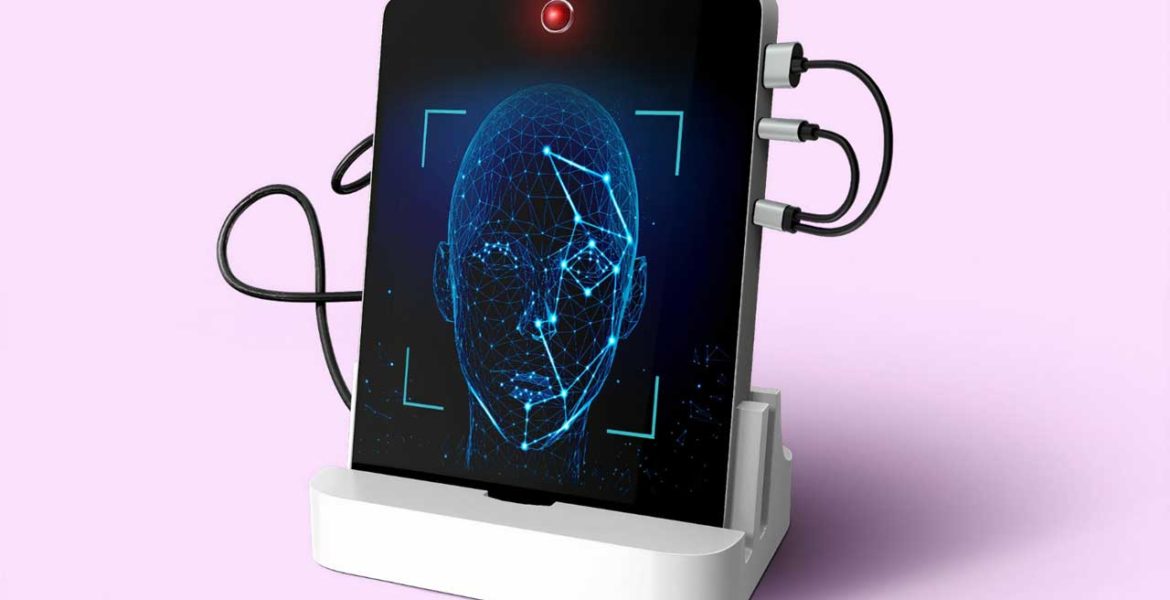By Tammy Ammon, Acxiom
As a marketer and technologist, I find the possibilities of a data-driven future thrilling. As a human, I’m a bit skeptical and a tad nervous, mixed in with a whole lot of hopeful. The irony here is that we often talk about these two experiences as if they are separate – the brands we work for and the real-life, flesh and blood people we are trying to connect with. And let’s be honest, we are those people.
So why do we tend to think of marketing and advertising simply as an equation filled with ones and zeros mapped to the right creative, the right channel at the right time? Why do we think we can leave the messiness and the beauty of humanity at the doorstep? Two words: it’s easier.
People are complex. Complexity is hard, and it’s expensive. But the good news is that it is not impossible. We’ve got science and technology to help bring humanity to our data. While this feels like it’s filled with irony, the innovations and advancements of science and technology are creations of the brilliant human mind.
Consider that there were no fewer than 8,000 martech solutions represented in the 2020 Lumascape.1 Now, your first notion might be to think, “This is impossible. How in the world do I navigate this?” But might I suggest that this is actually a reason to be hopeful? It is a testament to the veracity of the human condition – we are creators and we ultimately want to connect with each other.
Which brings me back to data. Data is our connection point. It is what fuels our martech and adtech. It is what relentlessly drives us forward. It’s critical to our understanding of our world and each other.
And while it’s nice to wax poetic about data, it’s also about business and our global economies. Which is why we need data experts to help guide us on our data journeys, for the good of all of us. I recommend that we take a bigger view of data in order to ensure that we are infusing humanity into our marketing and advertising efforts.
Here are five strategies to put the people back in your data:
- Respect the data – No one likes to feel disrespected. In fact, respect is often cited as one of our top needs in the workplace in order to feel productive and to do good work.2 Remember that all of the data you are collecting, analyzing, and using in your marketing and advertising activities is about real-life people. Treat it with respect. In times that can often feel tumultuous and out of control, I’m brought back to what I learned in grade school: treat others as you would like to be treated. Data is no different.
- Make sure you know who you’re talking to – Have you ever been in the awkward situation of meeting someone for the second time and not remembering their name or exactly where you know them from? Yeah, me either. But just in case you have, this is where identity comes in. It’s important to be able to connect the critical pieces of data in order to know who you are talking to. If you know them, you know what topics are of interest to them, and just as importantly what topics to avoid.
- Become friends with the data – It’s easy to make rash judgments when you first meet someone. We’ve all done it. But if you invest a little time and get to know them, you’ll often find a budding friendship lurking just below the surface. It’s the same with data. Take the time to study your data, be curious about it, ask questions of it. Put the power of data science and technology to work. Sometimes you’ll gain aha moments and sometimes you’ll just learn that your best friend’s favorite color is rainbow. Both are okay, and both provide useful insights.
- Check your biases – We all have biases, but it’s important to know what they are and to address them. A world that is more inclusive, diverse, and fair requires us to do this hard work. And because data is about people and is collected by people, it’s not immune from bias. Even if the machines are doing the work. It’s important for us to look at data with a critical eye and make sure we are asking ourselves the tough questions. When, how, and what was collected? Have we been fair? Have we been just?
- Phone a friend – We are not meant to be solitary creatures. We benefit from the insights, knowledge, and wisdom of others. People who have gone before us, people who have a different perspective, people who have different skills. In 2020, it is estimated that every individual is creating 1.7MB of data every single second.3 That’s a lot to make sense of. Find a partner who can help you decipher the meaning from the noise.
This is not a choice of data or humanity. Rather data is humanity. So, as we are diving into those ones and zeros, let us not forget they represent someone’s grandmother, sister, mother, brother, friend.
Sources
- https://chiefmartec.com/2020/04/marketing-technology-landscape-2020-martech-5000/
- https://hbr.org/2018/07/do-your-employees-feel-respected
- https://techjury.net/blog/how-much-data-is-created-every-day/#gref
Bio
Tammy Ammon leads Acxiom’s thought leadership practice. She has spent her career at the intersection of data, technology and creativity helping startups to Fortune 500 brands connect with people. Having held a variety of leadership positions in product management, strategy, and marketing, she believes great businesses and great marketing are driven by our collective desire to make a difference, share our stories, and connect with each other. Tammy lives on a farm in the Texas hill country with her husband and gaggle of critters.


I found this article very thought provoking. I am not familiar with this field. I work in law enforcement and we don’t use this technology. But Tammy made it interesting and eye opening for me.